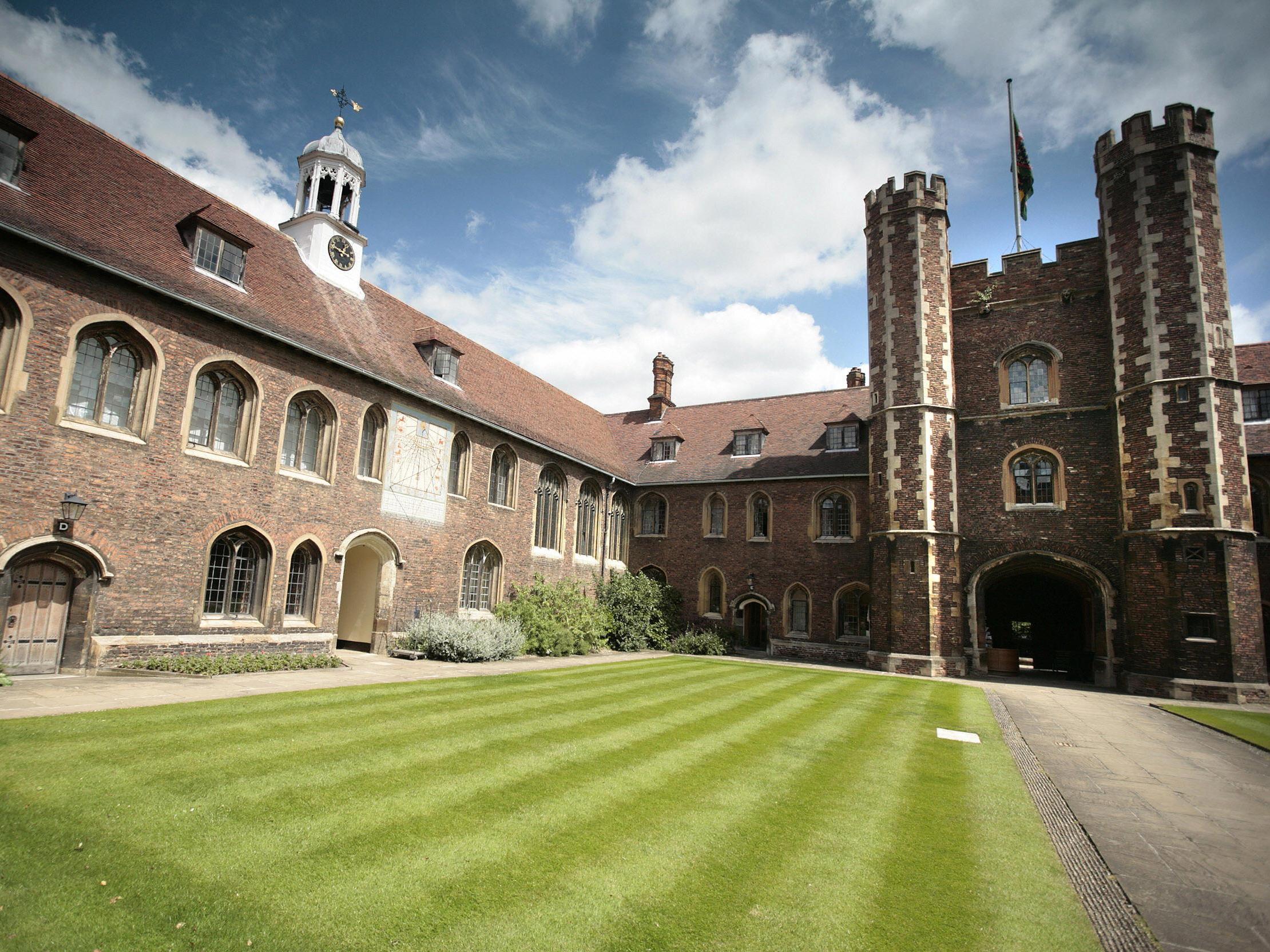Cambridge is being sued for allegedly mishandling sexual harassment – as a former student, I’m not surprised at all
Students are significantly more vulnerable than your average adult, often living away from home for the first time. We need a system for pastoral care in universities which recognises that, as well as training for staff


When I saw the news this week that a former student was suing Cambridge University over its handling of her sexual harassment complaint, I wasn’t surprised.
As I read the details of Danielle Bradford’s case against my alma mater, I realised there were parts of her experience which could have been lifted straight out and applied to so many other women I knew at university.
While at Cambridge I saw multiple women treated the same way as Bradford: a victim of sexual assault or harassment, told not to discuss their experiences with friends, and then banned from particular buildings to protect the person they accused.
Their stories are not mine to tell any further, but I remember the absolute indignation I felt on their behalf at the confusing and seemingly malicious way they were treated by this great, venerated institution.
I fully applaud Bradford’s effort to shine a light on this issue, and I feel she is exposing Cambridge for what it really is when it comes to student wellbeing: incompetent.
Whether it is supporting a student with a sexual harassment complaint or helping them through depression, Cambridge simply isn’t set up to support students in a pastoral sense.
But this isn’t a problem unique to Cambridge in the slightest, I’ve listened to the stories of countless people over the years who felt let down and abandoned by their university when they needed them most.
This is a fundamental fault at the heart of British higher education, as we leave pastoral care to senior academics rather than specifically trained staff.
The senior decision-makers in any university are likely to have reached their position by working in academia.
They may be phenomenal neuroscientists or great Shakespeare scholars, but this in no way equips them when it comes to making life-changing decisions on students’ behalf.
On a smaller scale, at every university, students will be assigned personal tutors in their first term. Tutors are meant to be a point of contact for any guidance a student may need – usually a blend of academic and emotional support.
But, almost everywhere, these tutors are members of the academic staff – not people with specialist expertise in managing or supporting young people’s wellbeing.
It would be incredibly unfair of me to claim that academics are incapable of providing any sort of pastoral support. In fact, my director of studies and personal tutor at Cambridge were two of the most giving and nurturing people I came across throughout my time in education.
But I am acutely aware that this is not the norm at Cambridge, nor in higher education more generally.
Instead of every student receiving the level of support I had throughout university, we have a bizarre system which seems to be dependent on the university you go to, the course you study, and which way the wind is blowing the day you actually need help.
If you wanted to teach at a university, there is a level of experience or qualification you would be expected to have before you could dive into your first lecture.
But when it comes to working with students from a wellbeing perspective, there are no such minimum standards – and when we are in the grips of a university suicide epidemic, this seems remiss.
I know people will criticise my take on this, angrily commenting that university students are adults who shouldn’t need coddling and probably throwing in a reference to “snowflakes” – but I won’t back down on this point.
Large workplaces have HR departments, often complete with mental health first-aiders and appropriately trained staff – but universities don’t have an equivalent to this as a given.
Students are significantly more vulnerable than your average adult, often living away from home for the first time, with little experience beyond school, suddenly thrust into a world of deadlines, financial stress, and social pressure.
Simply turning 18 does not mean they no longer need the pastoral support offered at schools, and we must recognise that our universities are not adequately equipped to support students’ wellbeing.
We need a standardised system for pastoral care in universities, as well as a minimum level of training for staff.
As Jo Johnson returns to his post as minister of state for universities, this should be the top of his priority list.
We may have some of the best universities in the world, but continuing to fail students like Bradford simply isn’t good enough.
Join our commenting forum
Join thought-provoking conversations, follow other Independent readers and see their replies
Comments